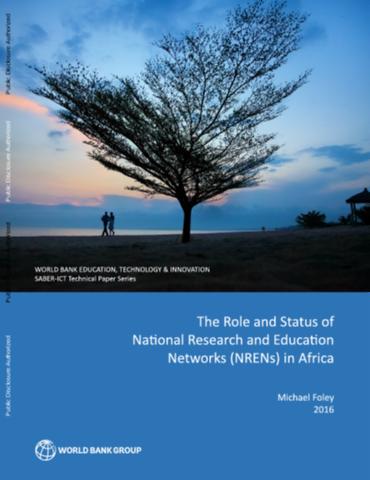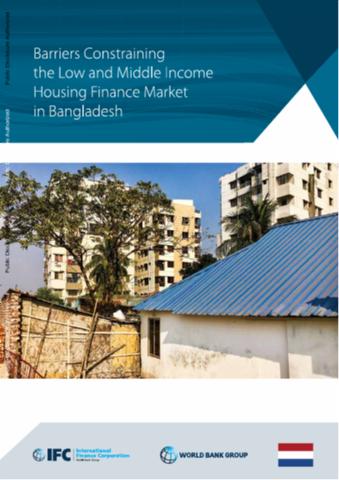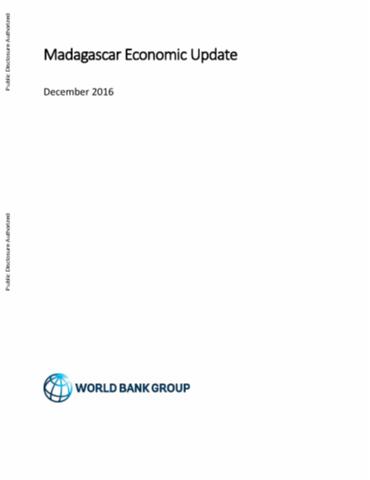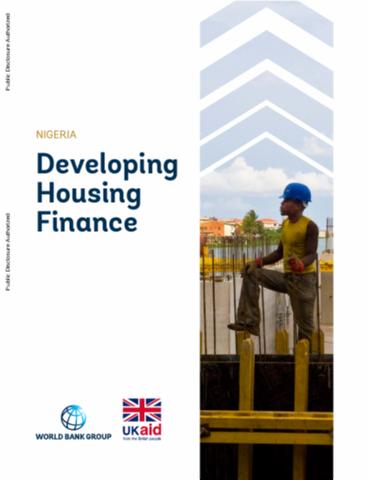The World Bank is a vital source of financial and technical assistance to developing countries around the world. We are not a bank in the ordinary sense but a unique partnership to reduce poverty and support development. The World Bank Group has two ambitious goals: End extreme poverty within a generation and boost shared prosperity.
- To end extreme poverty, the Bank's goal is to decrease the percentage of people living on less than $1.25 a day to no more than 3% by 2030.
- To promote shared prosperity, the goal is to promote income growth of the bottom 40% of the population in each country.
The World Bank Group comprises five institutions managed by their member countries.
The World Bank Group and Land: Working to protect the rights of existing land users and to help secure benefits for smallholder farmers
The World Bank (IBRD and IDA) interacts primarily with governments to increase agricultural productivity, strengthen land tenure policies and improve land governance. More than 90% of the World Bank’s agriculture portfolio focuses on the productivity and access to markets by small holder farmers. Ten percent of our projects focus on the governance of land tenure.
Similarly, investments by the International Finance Corporation (IFC), the World Bank Group’s private sector arm, including those in larger scale enterprises, overwhelmingly support smallholder farmers through improved access to finance, inputs and markets, and as direct suppliers. IFC invests in environmentally and socially sustainable private enterprises in all parts of the value chain (inputs such as irrigation and fertilizers, primary production, processing, transport and storage, traders, and risk management facilities including weather/crop insurance, warehouse financing, etc
For more information, visit the World Bank Group and land and food security (https://www.worldbank.org/en/topic/agriculture/brief/land-and-food-security1
Resources
Displaying 216 - 220 of 4907Informing Future Interventions for Scaling-up Sustainable Land Management.
The review was conducted with the aim to provide guidance for future engagement / investments, in particular in the context of recent AU declarations on agriculture and on land restoration by NEPAD, GEF, TerrAfrica, the Great Green Wall Initiative for the Sahel and Sahara (GGWISS), UN agencies and other donors.
This paper provides an abridged summary of the findings for easier access by country policy / decision
makers, agencies, development partners and donors, as a basis for informing future interventions for scaling-
up sustainable land management (SLM).
The Role and Status of National Research and Education Networks in Africa
The aim of this report is to provide guidance to governments, institutions, and development partners on how to approach the provision of advanced information and communication technology (ICT) services to the higher education and research community in Africa. The timing is appropriate as it coincides with a transformation in the telecom infrastructure and services on the continent as fiber optic connectivity, both undersea and on land, is expanding at a rapid pace.
Barriers Constraining the Low and Middle Income Housing Finance Market in Bangladesh
The study aims to assess the market for low and middle income housing finance in Bangladesh and identify the demand trajectory of this segment over the next 4 years. In addition, the report identifies factors that constrain the housing finance from serving low and middle income households.
Madagascar Economic Update, December 2016
Even though a large majority of poor households are engaged in agriculture, per capita productivity and real levels of sectoral growth remain low in Madagascar. Approximately 80 percent of the population are engaged in agriculture, which provides the main source of income for households, albeit at subsistence levels. Cultivation practices are based on extensification strategies with implications for Madagascar’s fragile natural resource base, rather than improving the productivity of existing farms and land use.
Nigeria
This report summarizes the results of the analytical work on housing market finance carried out by the World Bank Group at the request of the Ministry of Finance. The purpose of the work was to inform the policy dialogue about how best to develop a sustainable housing finance market in Nigeria, and improve the effectiveness of interventions aimed at stimulating the housing market and providing quality housing to the population. The work was funded by DFID and carried out over 2013 and 2014.










